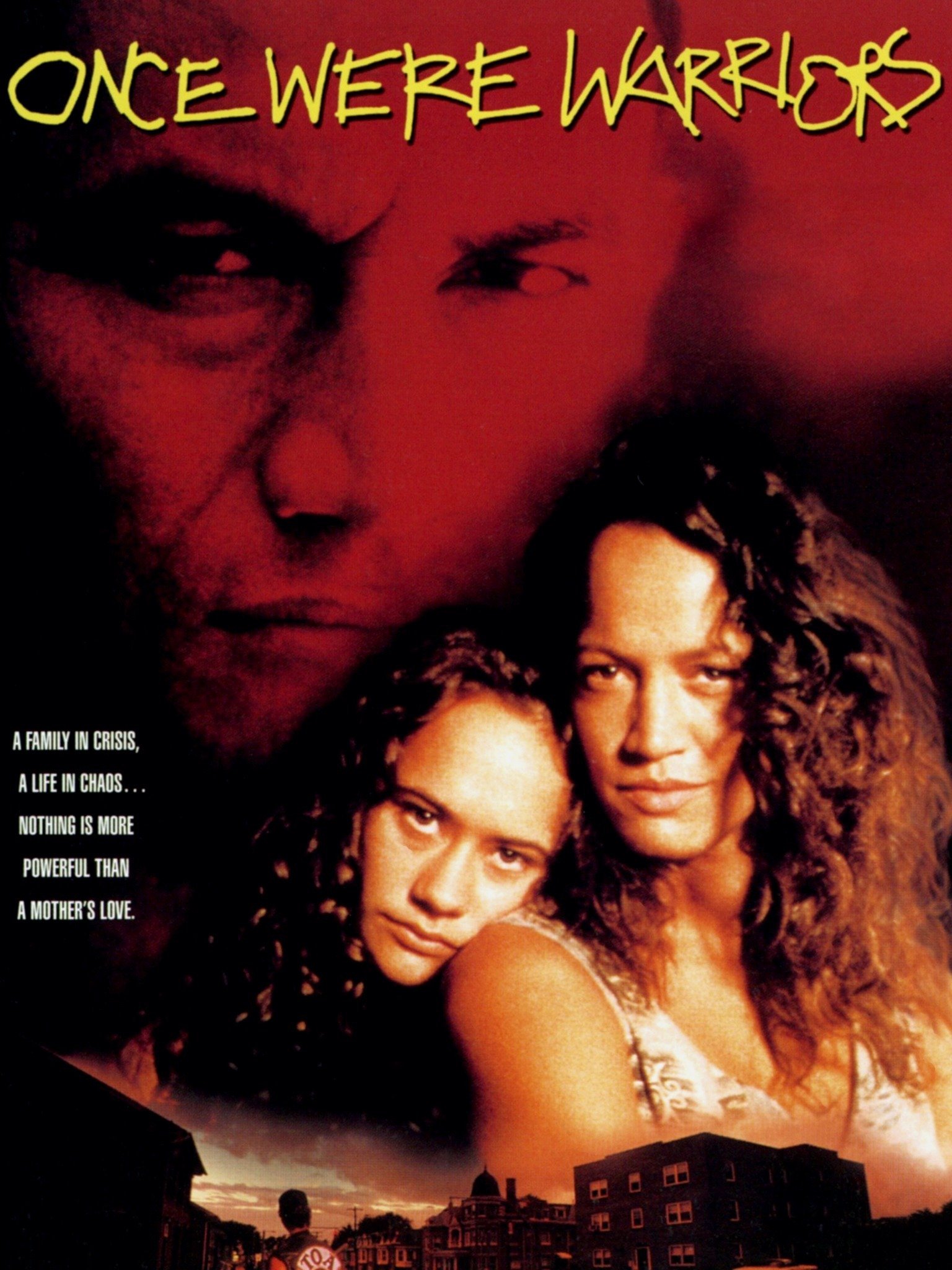
I recently asked a (white) kiwi friend of mine recently about his thoughts on Lee Tamahori’s riveting 1994 drama masterpiece Once Were Warriors (based on the book by Alan Duff and referring to the warrior nature of the Māori people), and he said it was “hard-wired to New Zealand DNA,” which was a fascinating response since, as a Canadian, I hadn’t heard much of it until now. It’s a brutal watch, and not one that you’ll soon forget, telling the story of a working-class urban Māori family who begin to fall apart after the patriarch Jake loses his job. Consequently, his behaviour spirals into domestic abuse (physical and verbal), alcoholism, and worse. Indeed, Jake is a pressure cooker of rage and fury, as we see not only in the beatdowns in his local dive bar, but also at home when his wife Beth resists him (violence as a means of asserting control). Jake also harbours a subconscious resentment of his wife’s status as a princess in the rural Māori community (she moved into town to be with her husband, which was the first mistake), and while it is easier to blame most of the atrocities on Jake’s toxicity, I think the real culprit is colonialism. It is colonialism that has displaced people from their land and forced them to restructure family hierarchies (the patriarchal figure is not a traditional one in Māori culture apparently).
The acting in this film is stellar, particularly between husband and wife (Temuera Morrison and Rena Owen) – what starts out as a loving, romantic interaction between them in the kitchen switches mercurially to a burst of verbal abuse, and how it incrementally gets worse – little things cause him to explode with rage and violence. These scenes were especially hard to watch, but I think they realistically show how domestic violence, and how women can get trapped in abusive relationships – it is a gradual and incrementally more disturbing pattern that ultimately controls, traps, and manipulates. Naturally, Jake isn’t a likable character, but the viewer does care about him. While he is integral to the story, the film also deals with escaping from or confronting the poison destroying the family. The film also shows the impact of violence and alcoholism among the family: Nig, the eldest son, turns to a violent gang life as a means of avoiding his family; Boogie is a juvenile deliquent who is sent to a borstal; and perhaps most notably Grace, who devastatingly suffers the worst, takes on a maternal role among the younger children in the absence and chaos of the family life, and shows a budding creative side. The latter half of the film also deals with pedophilia, rape, and suicide in a relatively short period of time, although it is not trivialized, but rather shown quite disturbingly and realistically – the victim turns to suicide because they are rejected from all available support groups and finally humiliated by the ones who they trust and love most. I was shocked how trivialized and normalized violence becomes within this culture, particularly among Jake’s “friends” – it is so commonplace that few if any criticize it or even show shock.
Grace (Mamaengaroa Kerr-Bell – sadly her final role!) was the highlight for me, and perhaps the greatest victim of the film, although everyone suffers to some extent (I still think about the kid who lives in the wrecked car under the bridge), but everything we see has purpose to illustrate the devastating long-terrm and lasting effects of colonialism and indeed postcolonial life. All of the characters, even the most despicable and heinous ones, give something to this movie and its sense of development. Duff’s novels continue Jake’s story and show his redemption. I’d like to read his novels, but I have trouble sympathizing or caring for someone who commits so much irrevocable harm and damage. This film is an absolute eye-opener to the darker side of postcolonial Māori urban life, and more broadly how domestic violence and abuse can happen, as well as the destructive effects of alcoholism and poverty. I think it is the best New Zealand film I’ve seen so far, and I’m keen to watch the sequel What Becomes of the Broken Hearted? once my soul is prepared.
